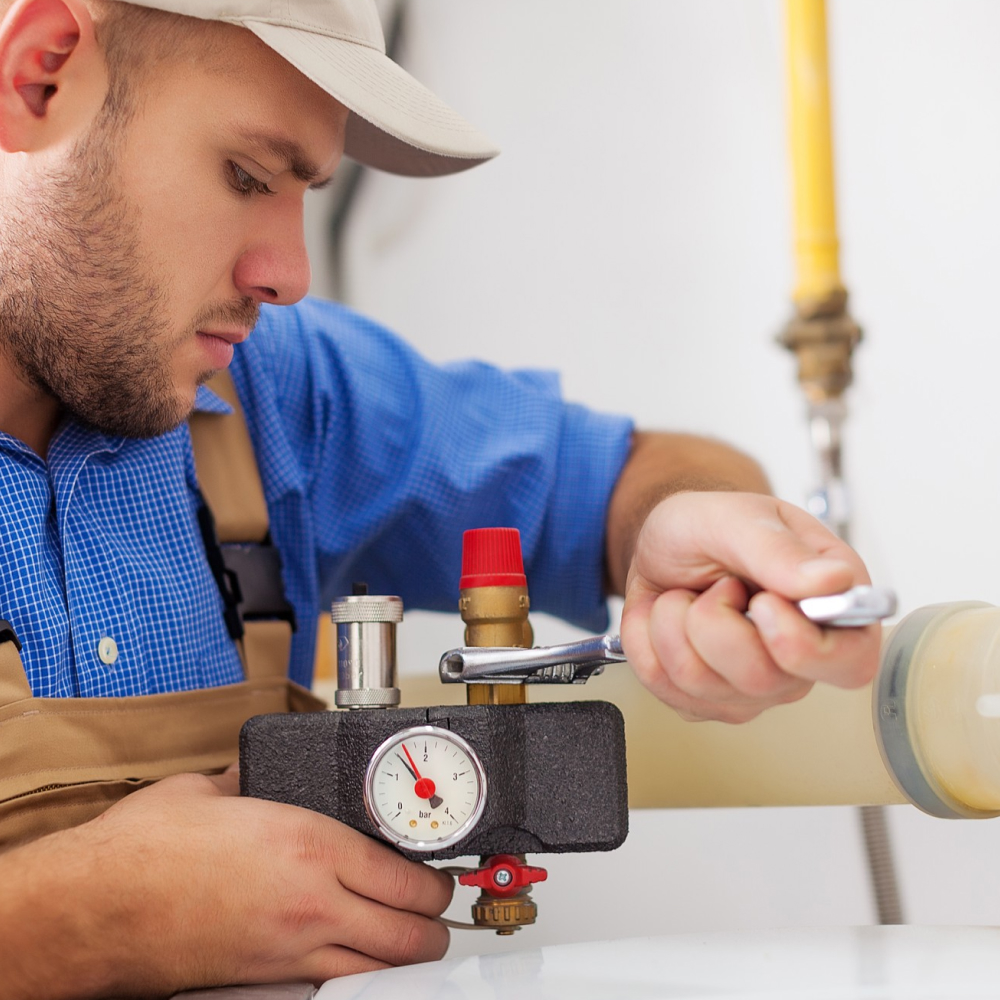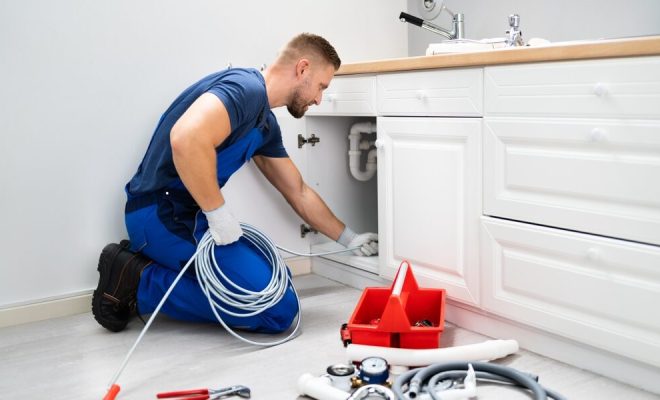What To Do When Your Water Heater Stops Working?

Few household issues are as frustrating as turning on the shower and finding nothing but cold water. A broken water heater can disrupt routines, affect comfort, and even cause safety concerns. While some problems may have simple solutions, others require professional help. For complex issues like faulty thermostats or leaking tanks, hiring an experienced Plumber Copperfield Houston ensures the water heater is repaired or replaced safely and efficiently. Knowing what to do when your water heater stops working can help you respond calmly, minimize downtime, and restore hot water efficiently.
Step 1: Identify The Type Of Water Heater
The first step in troubleshooting is to know whether you have a gas or electric water heater. Both types function differently and have unique maintenance requirements. Gas water heaters typically rely on a pilot light and a gas burner, while electric units use heating elements. Understanding which type you own helps you take the proper next steps.
Step 2: Check The Power Source
For electric water heaters, the problem could be as simple as a tripped circuit breaker. Head to your electrical panel and check whether the breaker controlling the unit has flipped. Resetting it may solve the issue. If it trips again quickly, this may point to a deeper electrical problem that requires professional attention.
For gas water heaters, inspect the pilot light. If it has gone out, relighting it might restore function. However, if the pilot light won’t stay lit, the problem may lie with the thermocouple or gas supply line—issues best left to licensed technicians.
Step 3: Inspect The Thermostat And Temperature Setting
Sometimes the solution is straightforward: the thermostat may be set too low. Most water heaters are designed to operate effectively at around 120°F. If the temperature is set lower, the water may feel lukewarm rather than hot. Adjusting the thermostat may resolve the issue.
However, if adjusting doesn’t help or the thermostat isn’t responding, it may need replacement. A faulty thermostat is a common cause of water heater failure and requires expert repair.
Step 4: Listen And Look For Warning Signs
Strange noises, such as popping or rumbling, often point to sediment buildup inside the tank. Over time, minerals in water settle at the bottom, reducing efficiency and straining the heater. In such cases, flushing the tank may solve the issue. While some homeowners attempt this themselves, professional flushing ensures the system is thoroughly cleaned without causing accidental damage.
Water pooling around the base of the heater is another red flag. Leaks can occur from valves, fittings, or the tank itself. While small leaks may be repairable, a leaking tank often means the unit needs replacement.
Step 5: Consider The Age Of The Unit
Depending on use and upkeep, water heaters typically last eight to twelve years. If your heater is older and suddenly stops working, it may be nearing the end of its lifespan. In these cases, replacing the unit is often more cost-effective than repeated repairs. Modern water heaters, including tankless models, offer improved efficiency and reliability.
Step 6: Call A Licensed Professional
While basic troubleshooting can solve minor issues, many water heater problems require expert attention. Licensed plumbers and technicians have the tools and training to diagnose problems accurately and perform safe, long-lasting repairs. Whether it’s replacing a faulty heating element, fixing a gas line, or installing a new system, professionals ensure your water heater is restored to working order quickly.
Step 7: Plan For Preventive Maintenance
Once your water heater is working again—or if you’ve replaced it with a new one—regular maintenance is key to avoiding future issues. Your system’s lifespan can be increased by yearly flushing, thermostat checks, and corrosion or leak inspections. Preventive care saves money over time and ensures reliable access to hot water.
Final Thoughts
When your water heater stops working, the disruption can feel overwhelming, but taking the right steps makes all the difference. Start by checking simple issues like the power supply or thermostat, and watch for warning signs such as leaks or unusual noises. If the problem persists, call a licensed professional to handle repairs or replacement. And don’t forget that preventive maintenance is the best way to ensure your water heater continues to provide comfort and convenience for years to come.













